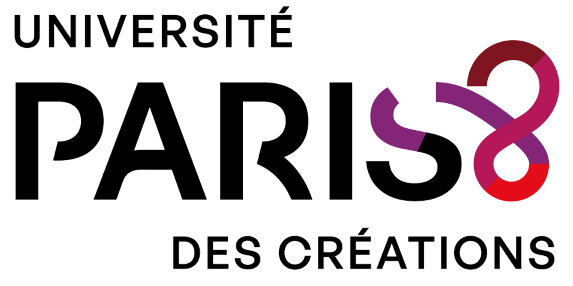AN ONTOLOGY-BASED ENRICHED EBOOK FOR TEACHING STATISTICS
Résumé
With the development of Internet and the use of digital pedagogy, the production of open educational resources grows very quickly. Sharing these resources has become a major challenge both from an economic point of view, but also for the dissemination and sharing of practices among teachers. The problematics are psychologic (help for learning), ergonomic (usability, acceptability) but also documentary (reuse resources) and editorial (enhancement of digital archives). Based on an ontology developed by University of Oxford and translated in French, we developed a digital archive of open educational resources for teaching statistics. We present and discuss e-book enrichment scenarios in undergraduate statistics courses. We present how this ontology-based approach allows thinking enriched e-books as an adaptive and collaborative learning device. INTRODUCTION Teaching statistics requires the coordination of a functioning logic (the theoretical basis of statistics) and a use logic (what test to choose and how to implement it concretely). The first presupposes the acquisition of a very abstract knowledge, the second presupposes the very fine particularization of this knowledge (Richard, 1983). This coordination is based on the structure of knowledge, in particular the organization of concepts and their properties. These properties can be structural or functional (procedural-related). For example, knowing which properties a sample must have in order to be able to apply a parametric test is the first logical aspect. Knowing how to structure a data table according to the software used, or how to adapt the procedure depending on whether you are working on individual data or a distribution, is a matter of the second. This articulation of knowledge and know-how through the structure of knowledge offers a formalization of the notion of competencies (Paquette, 2007) and at the same time offers ways to develop a logical chain of learning. Above all, it makes it possible to design new types of teaching materials that make it possible to break away from strict linearity of reading and thus offer its adaptability to the diversity of learners and situations in which teaching resources are consulted. It is this possibility that we propose to explore in this article.
| Origine | Fichiers produits par l'(les) auteur(s) |
|---|
Loading...
